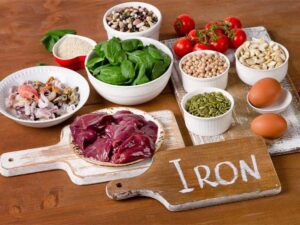Protein is an essential nutrient that plays a vital role in maintaining muscle mass, bone health, and overall physical function in elderly people. As we age, our bodies become less efficient at using protein, which means that older adults need to consume more protein than younger individuals to maintain their health. In this blog, we will explore how much protein elderly people need and why it is essential for their well-being.
The Recommended Dietary Allowance (RDA) for protein for adults is 0.8 grams per kilogram of body weight. However, some research suggests that older adults may benefit from consuming more protein than this to maintain their muscle mass and overall health. The American Dietetic Association recommends that older adults consume 1.2 to 1.5 grams of protein per kilogram of body weight per day.
Why do elderly people need more protein?
As we age, our bodies become less efficient at using protein to build and repair muscle tissue. This is due to a variety of factors, including decreased physical activity levels, hormonal changes, and a decline in digestive function. Consuming more protein can help offset these changes and ensure that older adults are getting the nutrients they need to maintain their physical function.
Protein also plays a crucial role in maintaining bone health. As we age, our bones become more fragile and are more susceptible to fractures. Studies have shown that consuming adequate amounts of protein can help prevent bone loss and reduce the risk of fractures in older adults.
What are some good sources of protein for elderly people?
There are many sources of protein that are suitable for elderly people, including:
- Lean meats like chicken, turkey, and fish
- Dairy products like milk, cheese, and yogurt
- Eggs
- Nuts and seeds
- Legumes like beans and lentils
- Soy products like tofu and tempeh
It’s important to note that older adults may have difficulty chewing or swallowing certain foods, which can make it challenging to consume enough protein. In these cases, protein supplements or fortified foods may be a useful option.
In conclusion, elderly people need more protein than younger individuals to maintain their muscle mass, bone health, and overall physical function. Consuming 1.2 to 1.5 grams of protein per kilogram of body weight per day is recommended. Good sources of protein include lean meats, dairy products, eggs, nuts and seeds, legumes, and soy products. For those who have difficulty consuming enough protein through whole foods, protein supplements or fortified foods may be a useful option. By prioritizing protein intake, older adults can maintain their health and continue to enjoy an active lifestyle.




